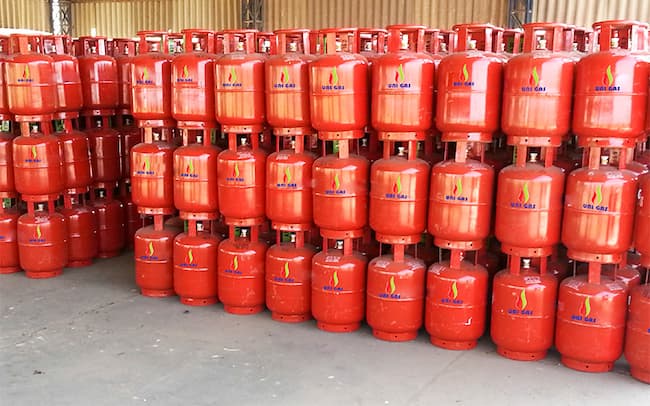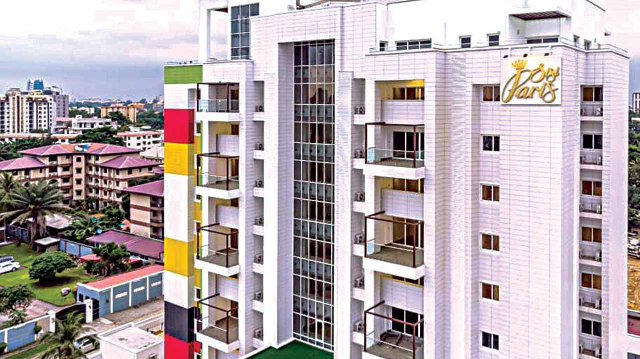The Federal Government is planning to establish 2,000 Compressed Natural Gas (CNG) filling stations in the next six months.
The Group Managing Director, Rainoil Limited, Mr Gabriel Ogbechie, made this known while speaking at a webinar entitled ” Deregulation and Sustainable National Energy Future through Natural Gas” on Thursday.
Ogbechie said the stations which are part of the plans of the government to fully deregulate the downstream petroleum sector and provide a cheaper and cleaner alternative for vehicle users as the country.
He said a high delegation of government functionaries recently met with oil marketers to encourage investments on the auto-gas scheme.
According to him, a N200 billion infrastructure fund has been set up by the Central Bank of Nigeria (CBN) to support auto-gas facility roll-out by marketers.
He said, “Nigeria requires about $6 billion worth of investment. Marketers can leverage this opportunity by investing in gas adoption and utilisation.
READ ALSO: NNPC Posts Trading Surplus Of N24.19bn In December 2020
”Investment can be made in areas such as Liquefied Petroleum Gas (LPG) bulk storage, LPG trucks, LPG filling plants, LPG skids and Gas cylinder manufacturing, Liquefied Natural Gas (LNG) plants.”
The Rainoil boss maintained that the government could not continue to subsidise Premium Motor Spirit, noting that N10.413 trillion was spent on fuel subsidy between 2006 and 2019.
He said the huge funds could be channeled to other critical sectors of the economy such as healthcare, education and infrastructure development.
Ogbechie expressed optimism that the passage of the Petroleum Industry Bill (PIB) would bring about the deregulation of the downstream sector by law and not by government policy.
“A fully liberalised sector will enable marketers to freely source products and leverage supply chain options. It will create a level playing field and increased competition will improve efficiency and customer service.
“It will allow for better planning and forecasting by marketers as well as attract more Foreign Direct Investment,” he said.












